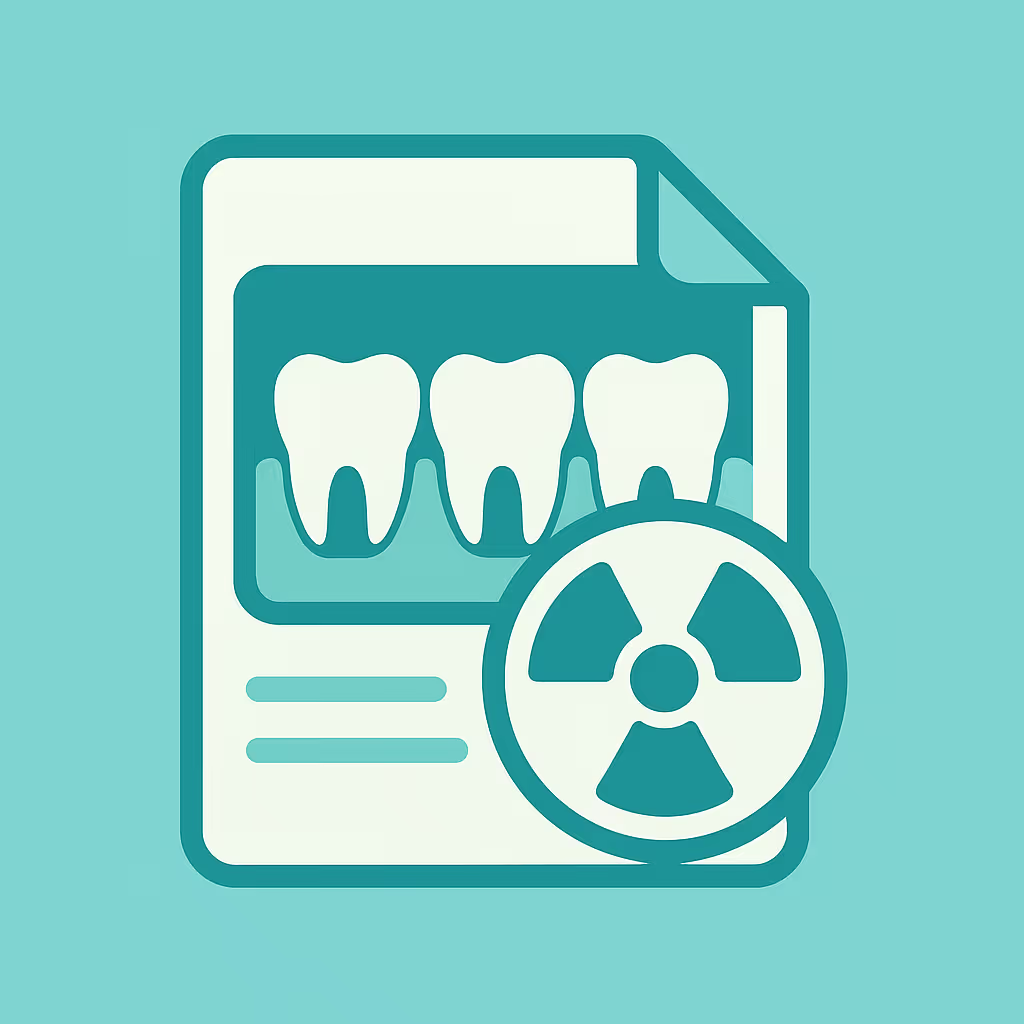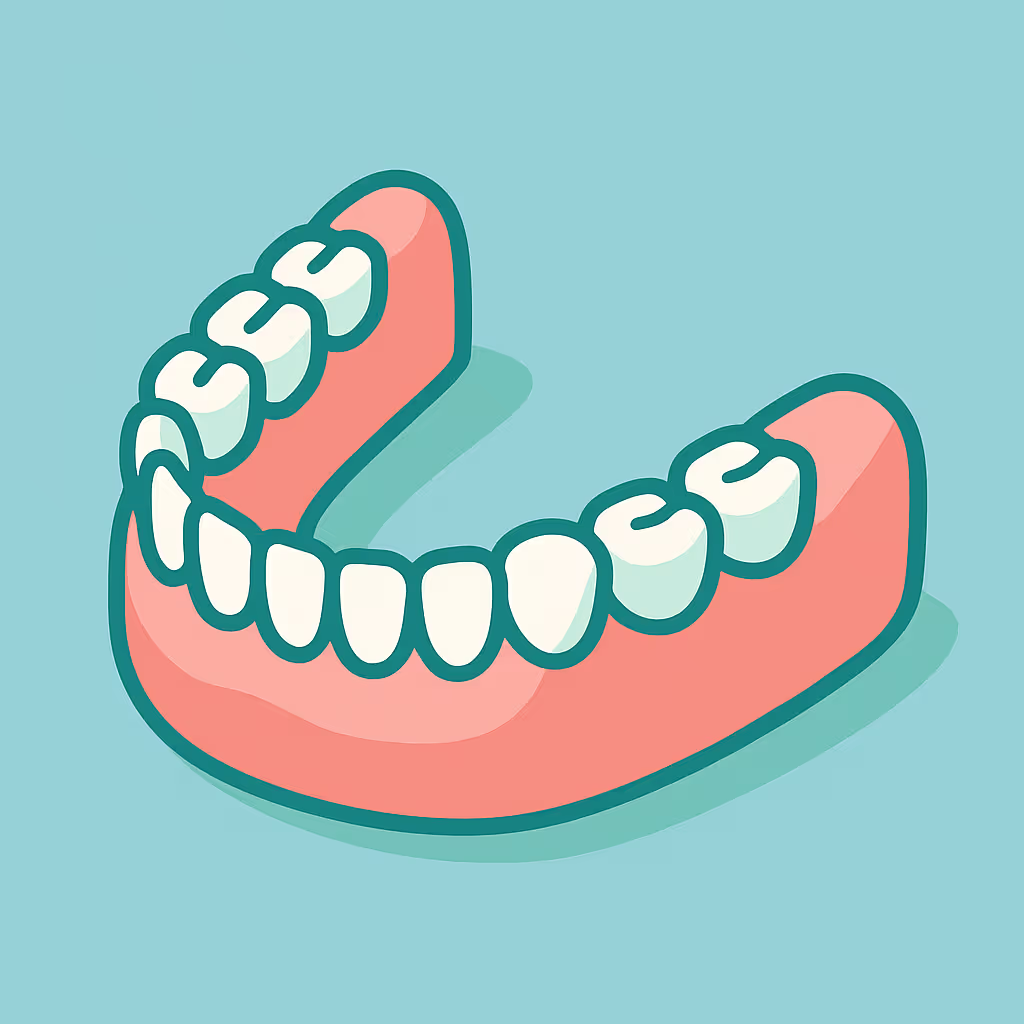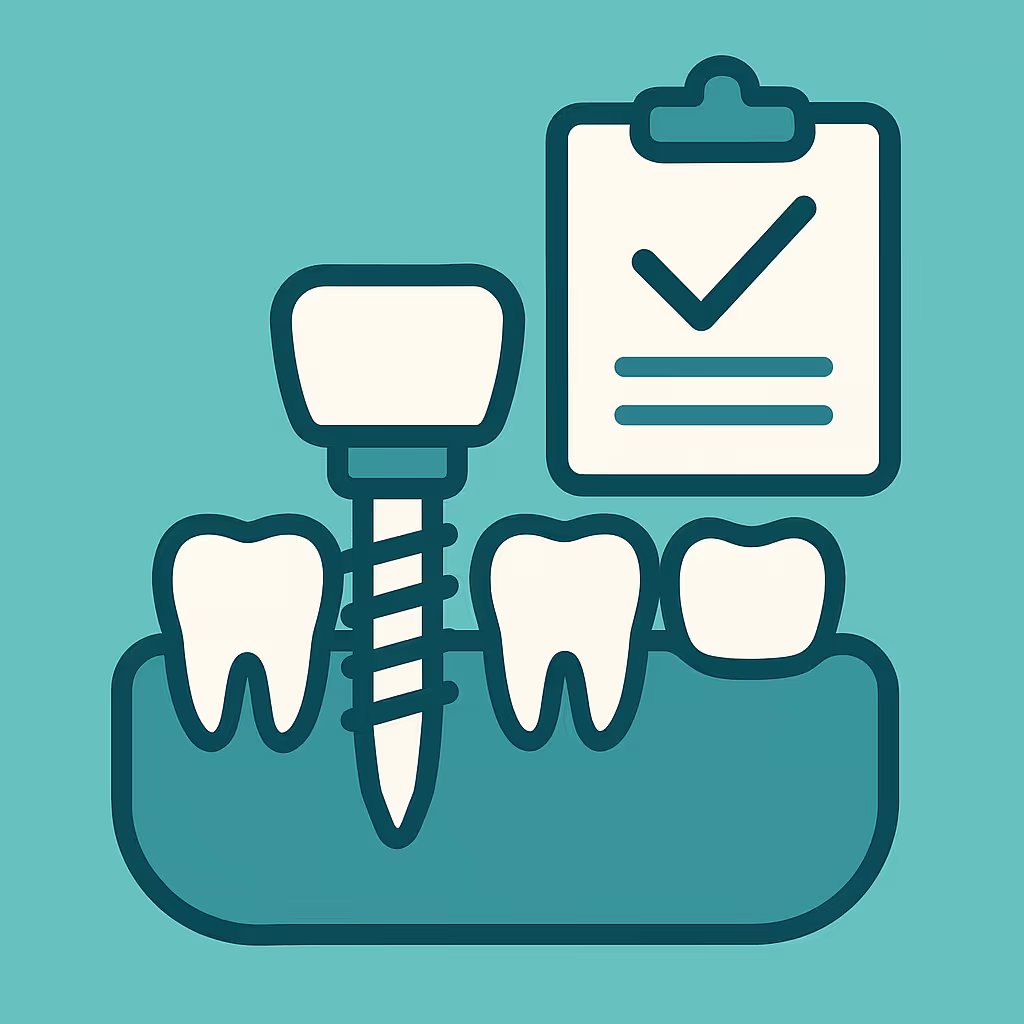Understanding Dental Code D5922
When to Use D5922 dental code
The D5922 dental code is designated for a nasal septal prosthesis, a specialized dental appliance used to restore or replace the nasal septum following trauma, surgical resection, or congenital defects. Dental offices should use D5922 when a patient requires a custom prosthesis to re-establish normal nasal function or aesthetics due to loss or compromise of the septal structure. This code is not interchangeable with other maxillofacial prosthetic codes, so it is crucial to confirm the clinical indication matches the code’s intent before submitting a claim.
Documentation and Clinical Scenarios
Accurate documentation is essential for successful reimbursement when billing D5922. Best practices include:
- Detailed clinical notes describing the patient’s diagnosis, the reason for prosthesis, and any relevant surgical history.
- Pre- and post-operative photos (when possible) to illustrate the clinical need and outcome.
- Lab prescriptions and fabrication records to support the custom nature of the prosthesis.
- Correspondence with referring physicians (such as ENT or oral surgeons) to demonstrate multidisciplinary care, if applicable.
Common scenarios include patients who have undergone tumor resection involving the nasal septum, suffered traumatic injury, or present with congenital defects requiring prosthetic intervention. Always ensure the clinical scenario is clearly outlined in the patient’s chart to support the use of D5922.
Insurance Billing Tips
Billing for D5922 requires attention to detail and proactive communication with payers. Here are actionable steps to maximize claim success:
- Verify benefits before treatment by contacting the patient’s dental and medical insurance to determine coverage for maxillofacial prosthetics.
- Submit a pre-authorization with comprehensive documentation, including clinical notes, diagnostic codes (ICD-10), and supporting images.
- Use the correct CDT code (D5922) and ensure it is not confused with related codes such asacial moulageor D5951 (feeding aid).
- Attach supporting documents to the initial claim submission to reduce the likelihood of denials or requests for additional information.
- If denied, appeal promptly with a clear explanation of medical necessity and additional supporting evidence.
Successful dental offices often designate a team member to track claims, follow up with payers, and manage accounts receivable (AR) for complex prosthetic cases like those billed under D5922.
Example Case for D5922
Case Study: A 52-year-old patient presents after surgical removal of a nasal tumor, resulting in loss of the nasal septum. The oral surgeon refers the patient for a nasal septal prosthesis to restore airway function and facial symmetry. The dental team documents the surgical history, takes pre-operative photos, and works with a dental lab to fabricate a custom prosthesis. Insurance verification reveals partial coverage under the patient’s medical plan. A pre-authorization is submitted with all supporting documents. The claim is approved, and the dental office receives an Explanation of Benefits (EOB) confirming payment. The patient is successfully fitted with the prosthesis, and all documentation is retained for compliance and future reference.
This example highlights the importance of thorough documentation, proactive insurance communication, and coordinated care when billing D5922.





